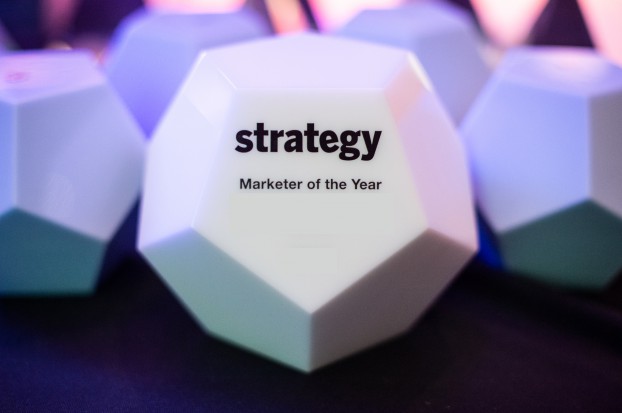Branded prepaid long-distance phone cards are now being sold in 7-Eleven Canada stores.
James Martin, product manager for Vancouver-based Southland Canada, the parent company of 7-Eleven Canada, says the card is ‘the lowest-priced, most widely available’ private label retail phone card.
Martin says the card, which sells for $8.99 for 15 minutes, $16.99 for 30 minutes and $29.99 for 60 minutes worth of long-distance time, can be used to call more than 200 countries ‘anywhere, anytime, from any phone’ in North America.
As well, customers can call North America from more than 20 other countries.
Martin says there are savings of up to 50% off regular long-distance rates.
Customers who use the card, which is provided by Montreal-based Canada Telecom Network, dial a 1-800 number and enter a personal identification number, plus the number they are calling.
They are told how many minutes are left on the card and, if needed, they can buy additional time with Visa or MasterCard.
The card, available at all 460 7-Eleven stores in Canada, can be bought with cash or Visa and MasterCard.
This month, the introduction of the 7-Eleven phone card will be supported in-store with a radio campaign heard in 7-Eleven markets from b.c. to Ontario.
Ad agency for 7-Eleven is Vancouver-based Bryant Fulton & Shee.
Martin says Southland chose to sell the branded phone card because the company wanted to take advantage of the new technology and deregulation of the long-distance market.
He says the phone card keeps 7-Eleven on the ‘leading edge of the market.’
By selling its own branded card, as opposed to those offered by other companies, such as Bell Canada, 7-Eleven hopes to establish a new signature house product such as it has with crushed ice drink Slurpee and Big Gulp, a branded oversized soft drink of your choice.
Martin claims 7-Eleven is also able to retail its phone card at a better value than can third-party suppliers selling their own cards through 7-Eleven.
He says there are two targets for the phone card
The first is people who are familiar with the concept, such as tourists from Europe or Asia, where phone cards are commonplace, or people who have moved to Canada from those regions.
The second is the still untapped market of Canadians who are just learning about phone cards.
Martin says 7-Eleven is trying to bring the phone card into the mainstream.
‘We think it has a good application for businesspeople that are travelling a lot, students going away to school, kids going off to camp or holidays,’ he says.
Southland studied developments in the u.s. after the deregulation of that nation’s long-distance industry.
The u.s. 7-Eleven head office in Dallas introduced a 7-Eleven-branded phone card in 1994 and found it to be successful on a national basis.
Southland Canada tested a phone card in some Ontario stores in targeted areas (downtown and ethnic communities) for nine months and found fairly good sales – ‘not terrific, but not bad,’ Martin says.
However, the phone card is expected to do better when marketed to businesses, travellers, students and those not included in the existing market.
Martin says 7-Eleven sees an advantage to being the first major retail chain to offer a branded phone card.
‘Once people are familiar with using the card, they get comfortable with that particular card, and there’s no need for them to get another card,’ he says.
Martin expects competitors and other major retailers will soon be selling phone cards.
Benoit Briere, president of Canada Telecom Network, says the growing u.s. phone card market has created a stronger interest in Canada.
Briere says the prepaid phone card industry is getting a significant amount of exposure in marketing and advertising publications, which is creating an awareness of this industry in the Canadian marketplace.
He says a number of companies, as diverse as couriers, fast food chains, photography retailers and brewers, have shown an interest in including phone cards in their marketing mix.
‘We are selling a premium,’ Briere says. ‘Companies are really looking today for quantifiable tools in order to advertise or promote, and phone cards are a great way of delivering that.’
He says less and less corporate capital is funnelled into advertising, which is taking the form of promotions that can be measured more often.
William Smalley, president of IDC Communications, which will launch a TVOntario phone card on Sept. 16, says awareness of the phone card industry is growing.
Smalley says, for a long time, there was a reluctance to deal with any company other than Bell Canada.
The market is ‘coming around,’ and Smalley predicts, as more and more marketing professionals return from vacations, there will be a lot more interest in phone cards this fall.























